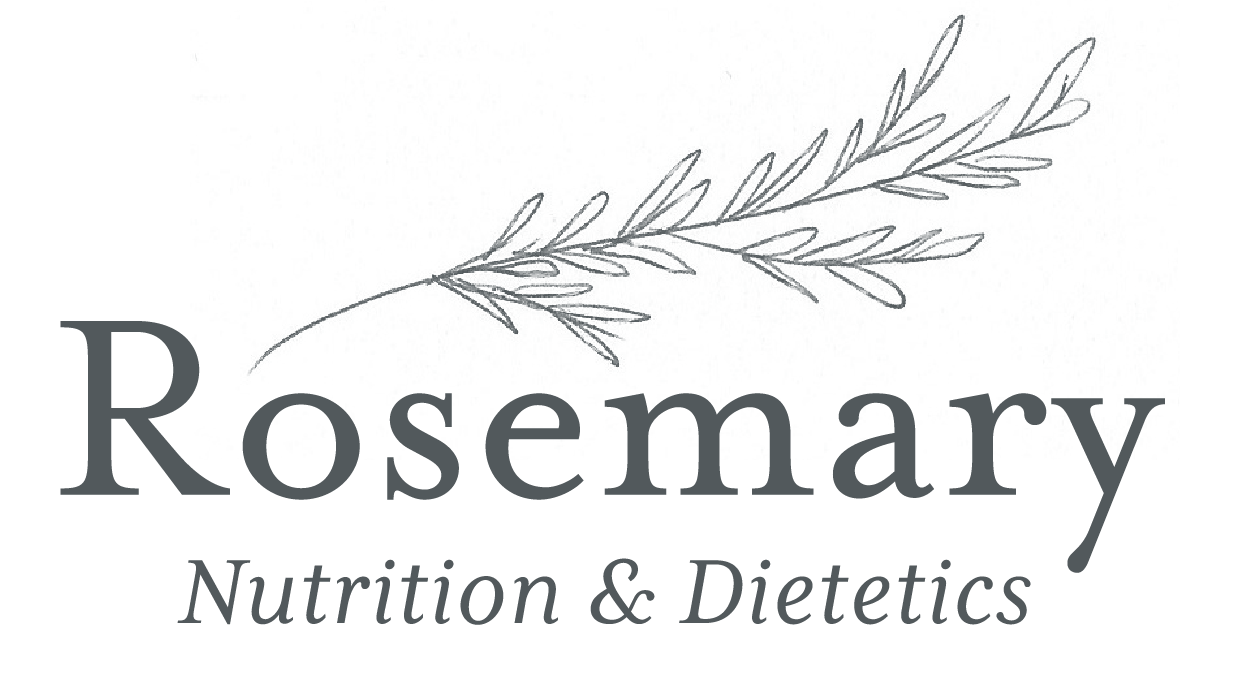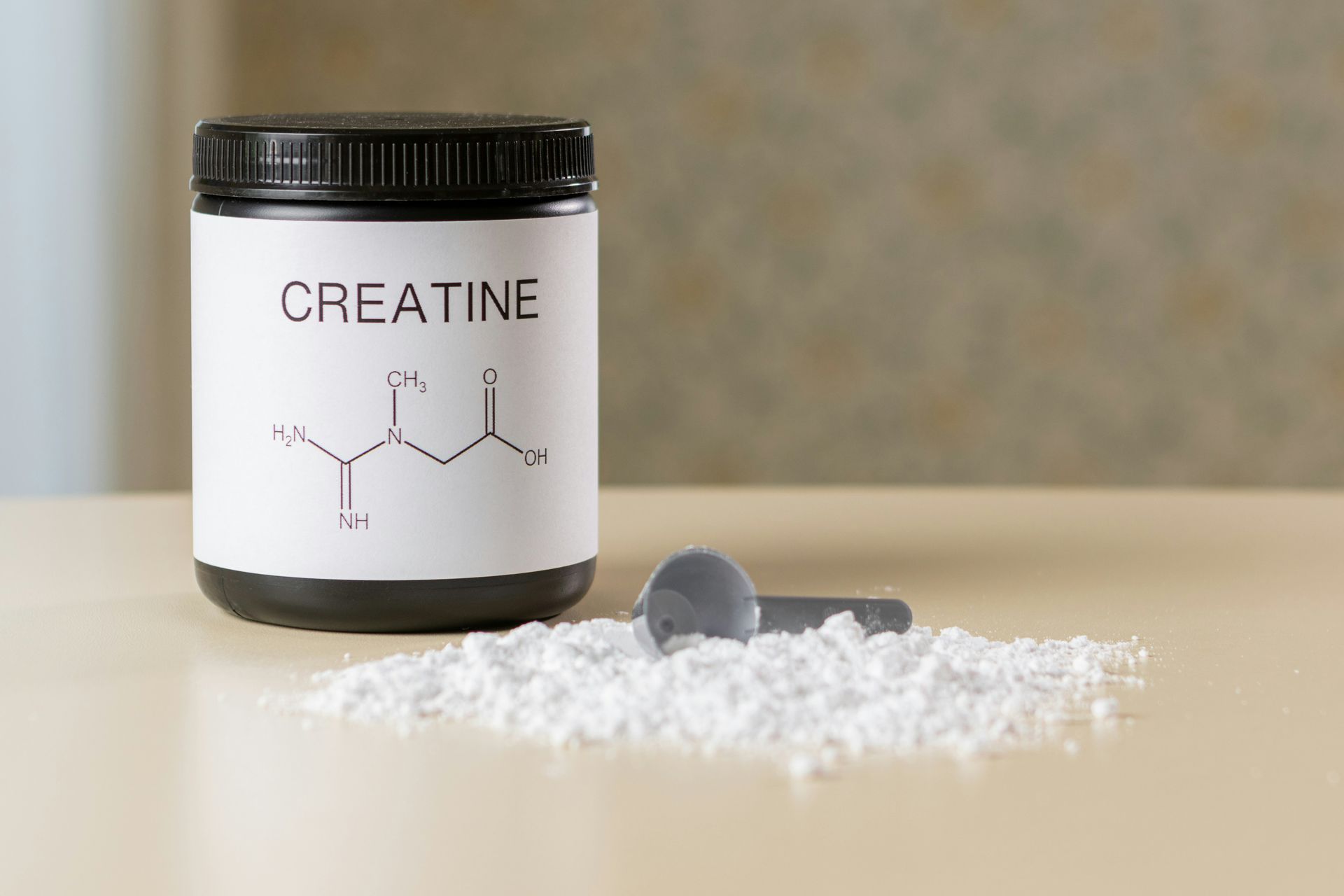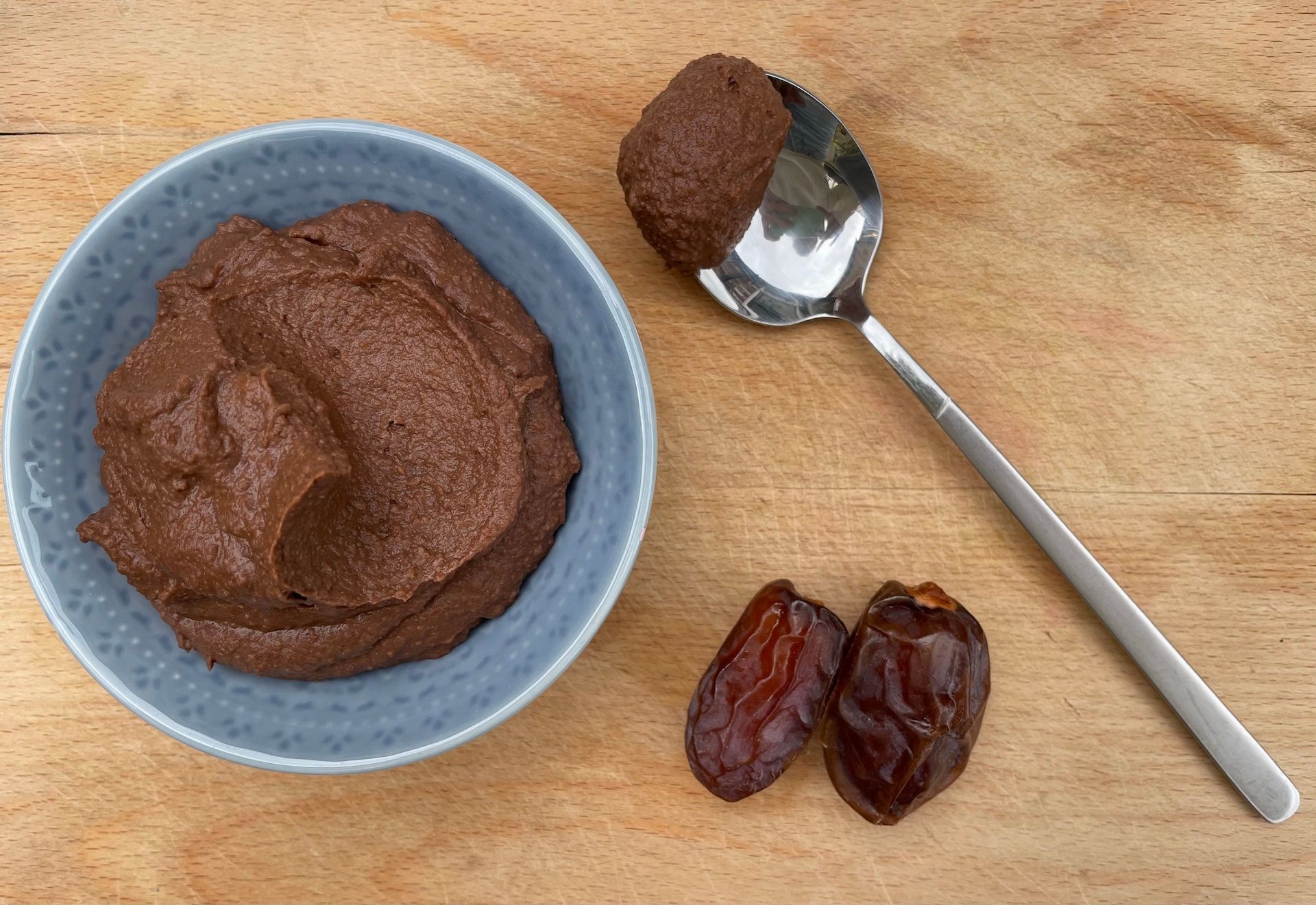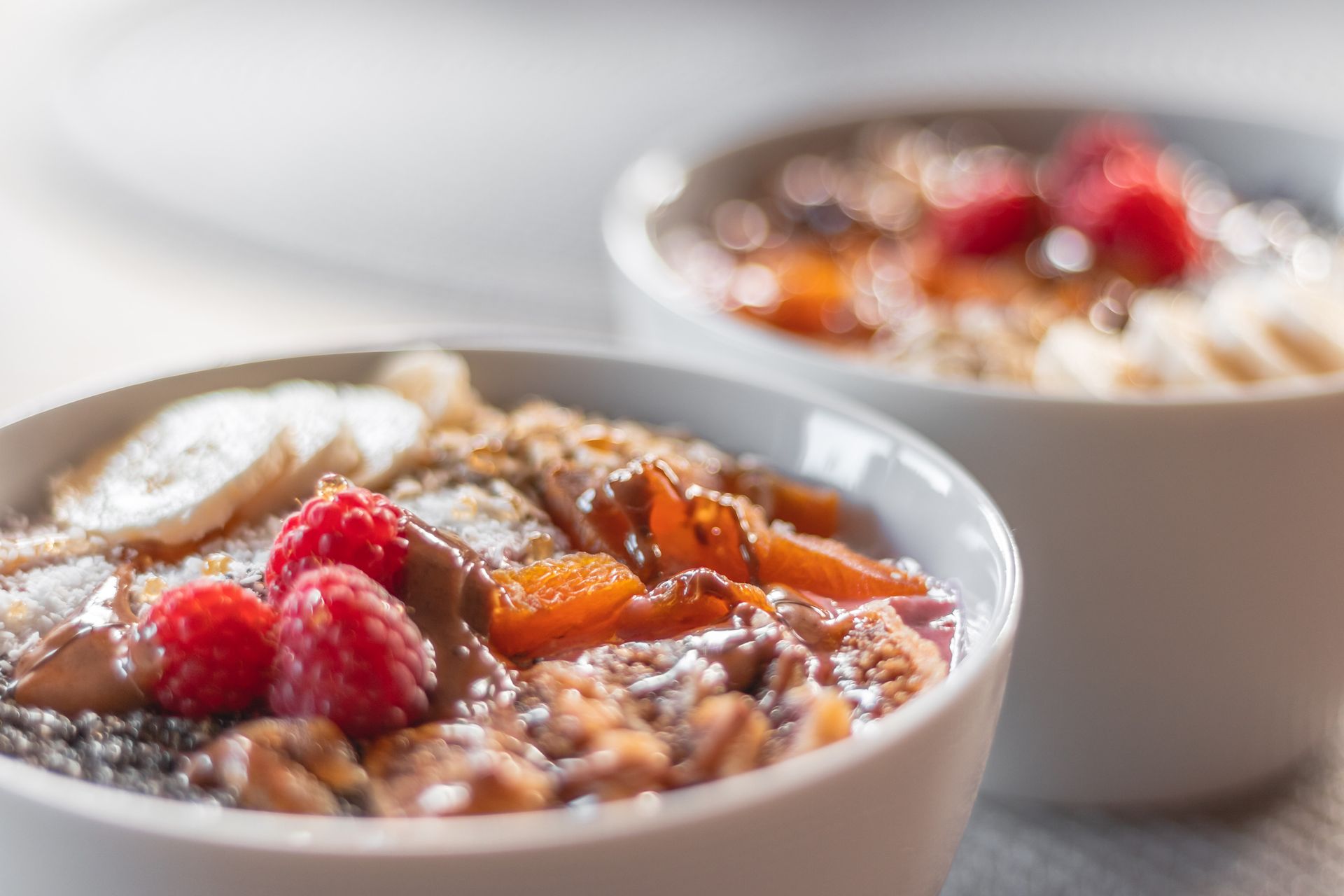Say Hello
Join our newsletter
Join our newsletter
The Ketogenic Diet
The ketogenic diet (KD), otherwise known as the ‘keto’ diet, is growing in popularity worldwide. Amongst advocates are doctors, nutritionists, celebrities, and those with success stories to share. Quick and seemingly magical results, like rapid weight loss and improved blood glucose levels, make it easy to understand why the keto diet has developed such a devoted and vocal following.
What is a ketogenic diet?
I first came across the concept of ‘ketogenesis’ during a university lecture on the metabolic stages of starvation. Ketogenesis describes the process by which the body is starved of glucose, it’s main and preferred energy source, and switches to burning fat to produce life-saving ketone bodies, or ‘ketones’. By this time, the body has used up its supply of stored carbohydrates, and producing sugars from protein, termed ‘gluconeogenesis’, has become inefficient and potentially dangerous due to organ breakdown. The body, and particularly the brain, can use ketones from fat as an alternative energy source to delay death by famine.
The modern KD is a severely low-carbohydrate diet that is used to mimic starvation and induce ketogenesis (‘keto-’ = ketones, ‘-genesis’ = formation of). Carbohydrates must be measured and maintained at a specifically low quantity, often less than 50g per day, or 5% total energy intake, to support the body’s transition into, and maintenance of, ketogenesis2. This diet keeps protein intake moderate and fat intake high. The KD is also often paired with a low calorie intake of <800kcal to produce it’s desired effects1.
The original concept of carbohydrate restriction to switch the body into a fat burning state was embraced as a treatment for epilepsy as early as the 1920s2. The use of the KD declined with the rise of modern antiepileptic pharmaceuticals, but has been reintroduced more recently as an option for children who do not respond to drug therapy. In fact a few years ago I spent time within my local NHS paediatric department helping to design ketogenic recipes for children in this exact situation, and it certainly takes some planning!
Why is the ketogenic diet so popular?
Forms of the ketogenic diet have been around for a long-time. The Atkins and paleo diet both follow similar low-carbohydrate rules. These diets exclude or dramatically reduce grains, dairy, soya, beans and legumes, and starchy fruits and vegetables like peas, bananas, sweet potatoes and carrots. The small amounts of carbohydrate that are included come from non-starchy vegetables like peppers and courgettes, and nuts and seeds. When taking on a KD, many changes happen in the body that appear beneficial; rapid body weight loss and better blood sugar control.
So what are the concerns?
Weight loss
The ketogenic diet is heralded for its ability to support weight loss. But all may not be as it seems. When we stop eating carbohydrates, our body uses up the sugars that are stored as glycogen in our liver and muscles. When our body stores carbohydrate, it stores water alongside it, so as we lose our carbohydrate stores we also lose a lot of water. This leads to a rapid loss of weight, but perhaps not the type of weight you were hoping to lose. In addition, studies looking at body composition changes on a KD have indicated a greater loss of muscle, rather than body fat3.
Studies have shown that when calories are controlled for, the KD does not appear to have any superior weight loss power4. This means the total energy intake is more important than the macronutrients you are getting your energy from. So what’s the best way of keeping energy intake low? A 2021 study looked at the energy intake of those on a low fat, plant-based diet compared to those on a ketogenic diet. With no restriction in consumption, the low-fat plant-based eaters naturally consumed almost 700kcal less per day over a 2 week period5, highlighting the differences in satiation effects between the two diets, in the short-term at least. This is due to the high level of fibre found on a low-fat plant-based diet compared to the typical animal-based ketogenic diet. We know that fibre helps us to feel full, feeds our gut bacteria and supports hunger hormone regulation4.
When it comes to weight loss, the KD does show good effects, but much of this weight is likely to be glycogen stores, fluid and muscle. We don’t have data to show that weight loss on KD is successful long-term6. If you’re looking for weight loss, a gradual approach with plenty of fibre is key to support health and long-term success7.
Gut microbiome
Over the last few years, research has highlighted the integral role of diet on gut bacteria. Our gut microbes are in turn a major player in our risk for chronic disease. We can look after the number and diversity of ‘good’ gut bacteria, and therefore improve our health, by eating fibre from plant foods. Fibre is overlooked and under-eaten by most of us here in the UK putting us at greater risk of gut inflammation and disease.
When we look at diets that support long-term health, plant fibres from foods like whole grains, fruits, vegetables, beans, nuts and seeds have been found to be highly beneficial. In contrast, animal protein and processed food are considered detrimental8. Although there are benefits to the ‘keto’ approach to reducing processed and refined foods, the focus on increasing animal protein leads to understandable concerns over the long-term risk of chronic diseases born from an unhealthy gut microbial profile, including diabetes, heart disease, cancer and inflammatory bowel disease.
Fat intake
We all need some fat in our diet to be healthy, but on a KD, fat becomes the predominant macronutrient. With many people focusing on animal foods like butter, cheese and eggs, saturated fat in particular can be very high. Saturated fats are positively and directly correlated to the level of LDL or ‘bad’ cholesterol in the blood, putting followers at a potential increased risk of heart disease; the UK’s biggest killer9. Saturated fat is also associated with fatty liver disease and insulin resistance10. Unsaturated fat from plant foods on the other hand have the opposite effect.
Blood sugar control
Diabetes is a condition in which blood sugar control is compromised. The hormone insulin that normally allows sugar to move from the blood stream into our muscles where it is needed, no longer works well enough, or at all. This means, as carbohydrates come into our body through our diet, our blood sugar levels rise (as they normally would) but cannot reduce again. The high blood sugar level can lead to dire long-term consequences including blindness, kidney failure, limb amputations and death. So you can see why taking carbohydrates out of the diet might be a positive thing for people with diabetes. No carbohydrate, less sugar in the blood, better blood sugar levels – right?
Unfortunately it is not that simple. Removing carbohydrates from the diet simply addresses the symptoms, rather than the underlying cause. In fact on a ketogenic diet, the high fat intake may worsen the underlying disease, with some animal studies indicating increased insulin resistance11. More research is required to understand the long-term safety and efficacy of the ketogenic diet in diabetes. In the meantime, we know that diets based on a diversity of whole, plant foods reduces the risk of many chronic diseases, including diabetes12,13.
Side effects
A ketogenic diet comes with side effects. On a KD, you may experience dehydration leading to dry mouth and dizziness, lethargy, nausea, vomiting, constipation or diarrhoea, gallstones, hair loss, and bad breath due to the increase in levels of acetone1.
Considerations for a ketogenic diet
It is recommended that anyone following a low calorie ketogenic diet for the management of obesity supplements with B vitamins, vitamin C and E, potassium, sodium, magnesium, calcium and omega-3 fatty acids to maintain health1. It is also recommended to use plant protein and probiotics to negate the lack of fibre in a traditional KD and improve gut microbial health14. In conditions such as diverticular disease, where fibre is required to manage and prevent disease deterioration, dietary fibre supplements are required from the get go.
The KD is not suitable for specific populations including those who are pregnant, anyone who could become pregnant and breastfeeding mothers. In addition, anyone with a history of behavioural problems or substance abuse, liver disease or kidney failure, type 1 diabetes, unstable angina or anyone who has recently experienced a heart attack are not recommend to follow a KD5.
My advice for a ketogenic diet
The ketogenic diet is purely focused on the macronutrient content of what you eat. So technically you could follow a plant-based or vegan KD, which would be a healthier approach. With a high dropout rate for ketogenic diets however, going for a strict plant-based KD is practically challenging, monotonous and stressful. As long as you are choosing whole plant foods, feel free to play around with the macronutrient content of your diet, but my advice is to keep your diet joyful and stress-free by steering clear of any diet that forces your body into starvation mode and risks your long-term health. When it comes to carbohydrates, a moderate amount of good quality wholegrain options like wholewheat pasta, brown rice and wholemeal bread has been found to be optimal for length and quality of life, and will also improve your mood, energy levels and gut function, so enjoy these alongside your colourful plant foods4.
Health isn't everything, but everything else becomes nothing without it. With your health on the line here, it is essential to understand the health risks prior to considering a potentially damaging ketogenic diet.
Please note, there is a case for children with epilepsy to use a KD to reduce their rate of seizures if drug therapy has not been successful, but it is absolutely crucial for this to be done with the support of a paediatric consultant and specialist dietitian who can ensure the diet is both safe and effective.
Rosie is a plant-based registered dietitian, founder of Rosemary Nutrition & Dietetics, and works to support Staff Health & Wellbeing in the NHS.
You can contact her with any queries via Rosemary Nutrition & Dietetics on rosie@rosemarynutrition.co.uk or follow her on Instagram at @plantdietitianrosie
References
- https://pubmed.ncbi.nlm.nih.gov/31665015/
- https://pubmed.ncbi.nlm.nih.gov/19049574/
- https://pubmed.ncbi.nlm.nih.gov/26278052/
- https://pubmed.ncbi.nlm.nih.gov/33832770/
- https://pubmed.ncbi.nlm.nih.gov/33479499/
- https://pubmed.ncbi.nlm.nih.gov/32923239/
- https://pubmed.ncbi.nlm.nih.gov/28319109/
- https://pubmed.ncbi.nlm.nih.gov/33811041/
- https://pubmed.ncbi.nlm.nih.gov/32864246/
- https://pubmed.ncbi.nlm.nih.gov/28112681/
- https://pubmed.ncbi.nlm.nih.gov/33785628/
- https://pubmed.ncbi.nlm.nih.gov/30952576/
- https://pubmed.ncbi.nlm.nih.gov/28630614/
- https://pubmed.ncbi.nlm.nih.gov/31311141/
